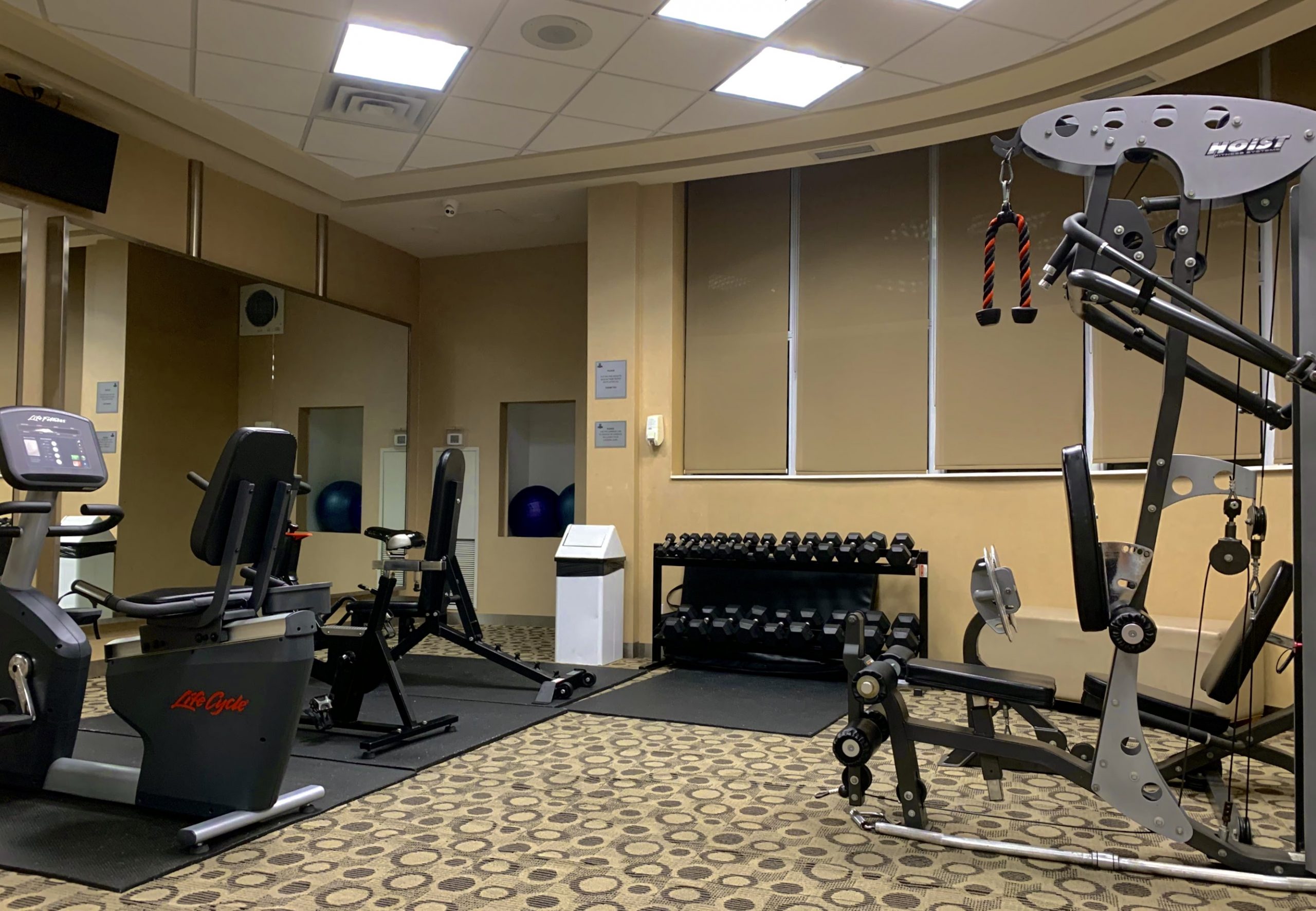Over the past decade exercise and physical activity have been related to various health benefits—improved metabolic health and reducing age-related dysfunction are just some of the reported positive effects of exercise.
This field of study is called exercise immunology and the pandemic has shifted the focus on how exercise can help prevent contracting the infection, or help combat it once it is inside the body.
Exercise immunology has been gaining traction for the past three decades, but it exploded in popularity since the pandemic began as people flocked to the internet for answers on how to protect themselves.
The increased interest in this topic can be seen in the massive jump in sales of exercise equipment—dumbbells were nearly sold out all throughout North America.
Alongside the newfound enthusiasm for exercise came the question of its effectiveness against COVID-19. While many aspects of exercise immunology have been explored, a lot of focus has shifted to how significant physical activity is at boosting the immune system when confronted with the coronavirus.
Professor Richard J. Simpson from the University of Arizona wrote about how exercise can prevent viral infections: “Each bout of exercise, particularly whole-body dynamic cardiorespiratory exercise, instantaneously mobilizes literally billions of immune cells, especially those cell types that are capable of carrying out effector functions such as the recognition and killing of virus-infected cells.”
While exercise may not prevent us from becoming infected if exposed, it is likely that keeping active will boost our immune system to help minimize the effects of the virus, ameliorate our symptoms, expedite our recovery times.
In addition to combating viruses, exercise helps with the negative effects of isolation and confinement stress which affect how well your immune system can deal with infection.
Exercise should be coupled with stress management, regular sleep, healthy nutrition, and proper hygiene to improve resistance to infection.
However, an article published in the Journal of Sport and Health Science highlights several studies that show “evidence that heavy exertion was associated with transient immune dysfunction, elevated inflammatory biomarkers, and increased risk of upper respiratory tract infections.”
Exercise can have great effects on physical and mental health, however, it should be properly balanced. The World Health Organization recommends that adults should attempt to fit 150 minutes of “moderate-intensity” or 75 minutes of “vigorous-intensity” exercise into their weekly routine.
Simpson wrote: “While exercise may not prevent us from becoming infected if exposed, it is likely that keeping active will boost our immune system to help minimize the deleterious effects of the virus, ameliorate our symptoms, expedite our recovery times and lower the likelihood that we can infect others with whom we come into contact.”
Exercise is not a cure-all for the COVID-19 virus and infection is still likely if in contact with an infected person. Social distancing and all preventative measures should continuously be practiced.




